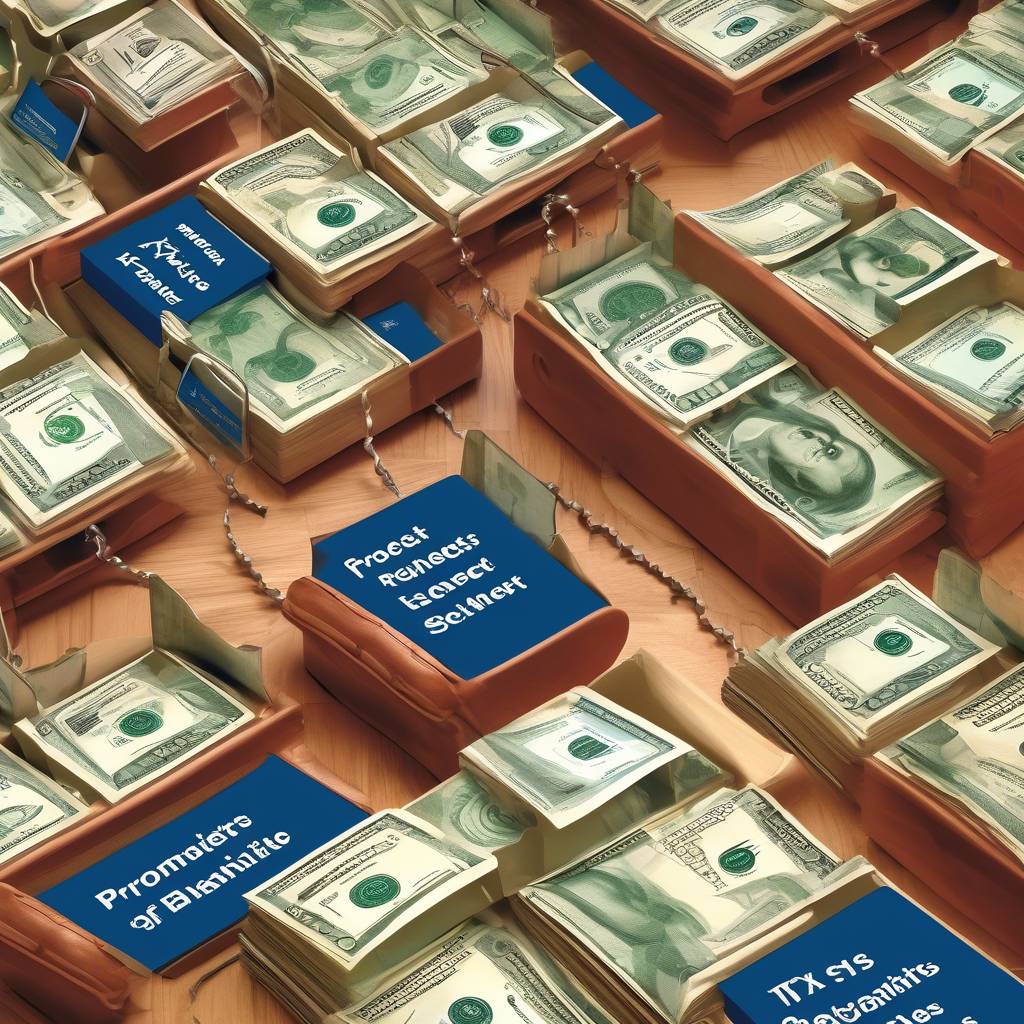A federal district court has permanently barred Missouri CPA Aric Elliot Schreiner and his company, Columbia CPA Group LLC, from promoting and participating in tax schemes involving charitable remainder annuity trusts (CRATs). The court also ordered Schreiner to repay related “ill-gotten gains” totaling $400,000. This decision follows several related injunctions granted previously against other individuals involved in similar schemes. Last year, the court permanently barred Rhonda Eickhoff, John Eickhoff Jr., and Hoffman Associates LLC from organizing, promoting, selling, or marketing a tax scheme involving CRATs. Injunctions against defendants John William Gray II and Damon Thomas Eisma had also been previously filed by the court.
The government claimed that the defendants were involved with at least 70 CRATs, resulting in an estimated $40 million of taxable income going unreported and at least $8 million in tax revenue losses. The scheme encouraged taxpayers to contribute property, often real property that had gained value over time, to a CRAT. The property’s basis was unlawfully inflated on tax documents, and after the property was sold, the proceeds were used to buy an annuity, with the payments not being reported or being reported as tax-free distributions from the CRAT.
The IRS has listed CRAT abuse as one of their “Dirty Dozen” schemes, which is an annual list of common scams taxpayers may encounter. The listing of CRAT abuse as a Dirty Dozen scheme raises awareness about the risks associated with abusive arrangements using CRATs and aims to protect taxpayers and tax professionals from losing money, personal information, and data. Charitable remainder trusts are irrevocable trusts that benefit two interests: the beneficiaries and the favorite charity of the trust creator. These trusts can be an excellent tax planning tool when structured and administered properly.
Taxpayers can donate assets, often appreciated assets, to a charitable remainder trust in exchange for a tax deduction based on a formula that considers various factors such as interest rates, the length of the trust, and estimated payouts. The trust governs how much and when beneficiaries will receive payments, with the final distribution going to the named charity after the term of the trust or the death of the beneficiaries. Payouts can be structured as a charitable remainder annuity trust (CRAT) or a charitable remainder unitrust (CRUT), each with its own rules and benefits. It is important for taxpayers to be aware that while these trusts offer tax advantages, they are not tax-free and should be used properly to avoid abuse.
The Department of Justice Tax Division has obtained injunctions against hundreds of tax return preparers and tax fraud promoters, including individuals involved in abusive tax schemes like those concerning CRATs. The Tax Division maintains a list of enjoined persons and businesses on their website and encourages individuals to report any violations of the injunctions to them. By taking legal action against those promoting tax fraud and abuse, the government aims to protect taxpayers and maintain the integrity of the tax system.









